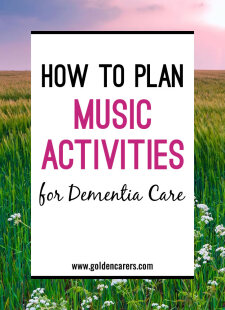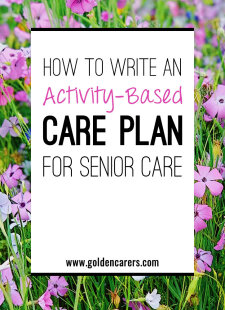Shared By
Molly
 Activity Professional & Writer
Activity Professional & Writer
6 Resume & Interview Tips for Activity Coordinators

15
0
1
44
View this page and thousands more!
Join Golden Carers for Unlimited Access
Join Now $59.99 USD/yr
“I absolutely love this site. It is so resourceful. Thank you!”
Nectaria Berry, Aged Care
Comments
15
to comment






Currently I'm working as a activities assistant but I hope to some day become a activities coordinator!
Good for you John, it is a noble profession! All the best!
Brilliant tips for people. I love this site.
Thanks so much for your feedback Phillippa!
Brilliant tips. I have been called back for a second interview as an activities coordinator tomorrow so will bear these tips in mind. Wish me luck!!
Good luck Julie! Thanks for your feedback!
such helpful tips
Thanks Penny!
Thank you!
This is a wonderful article and great reminder of why I am in this career!
Thanks for your feedback Ali!
What a wonderful site !
Thank you so much Kathryn!
One question I was asked was what was the goal of or sign that you have succeeded in your role with a resident. My answer...a smile on the residents face.
I got the job :-)
Love it! Perfect answer!
Molly shared a new article: 6 Important Points For An Activity Coordinator's Resume & Interview